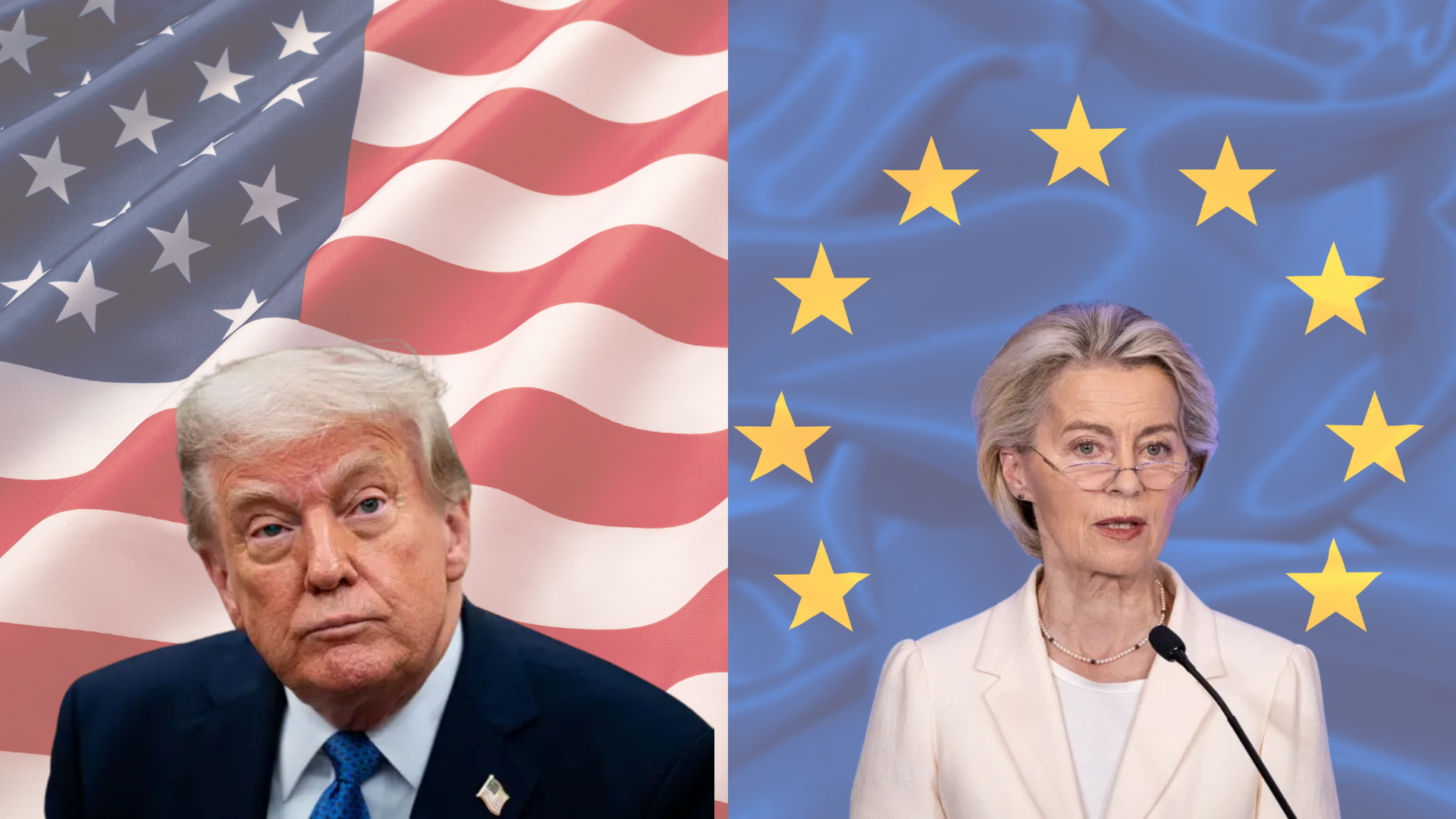The European Union succumbs to pressure from the White House. Today, President Trump and President von der Leyen have finally reached a trade agreement according to which the U.S. will impose a tariff of 15% on most imports from the EU, while avoiding an escalation to the 30% planned from August 1.
As part of the agreement, the European Union pledged to make investments of $600 billion in the U.S. and to buy $750 billion in North American energy during Trump's term. Although sectors such as aeronautics, generic pharmaceuticals, semiconductors, certain agricultural products and specific chemicals were exempt, many other sectors, including fashion, luxury goods and cosmetics, were included within the 15% framework.
How does this new agreement affect the cosmetics sector in Europe?
1. Increased costs for European exporting brands
Luxury cosmetics and beauty product brands produced in Europe (France, Italy, Spain, etc.) will see their exports to the U.S. increase by 15%. This will affect competitiveness against local brands or those manufactured in countries with lower tariffs.
2. High tariffs on non-exempt products
Although some chemical products could be excluded from these measures, most finished cosmetics, perfumes and personal care products are not in the excluded categories. Therefore, most of the cosmetics sector will be within the 15% regime.
3. Possible impact on consumer prices
Brands could pass part of the cost on to the U.S. consumer, which could reduce sales or force margin cuts to maintain competitive prices.
4. Pressure on production and value chain
Some companies could rethink their production chain, moving manufacturing to the U.S. or third countries to avoid tariffs. This implies investments and logistical changes that could modify long-term strategies.
5. Opportunity for local brands and non-European countries
U.S. companies or those from countries with favorable bilateral treatment with the U.S. could gain market share in the U.S., having a more competitive final price for price-sensitive consumers.
6. Uncertainty in compensation treaties
Although a tariff war is avoided, the agreement raises uncertainties about how sectoral exemptions will be implemented and whether new specific negotiations will arise by category (as happened with pharmaceuticals or semiconductors).
The agreement avoids a trade war, providing certainty and seeking to generate stability in the market. From the point of view of the consumer in the U.S., it is likely that the new tariffs will translate into higher prices, although it will depend on what companies absorb and the elasticity of demand.
